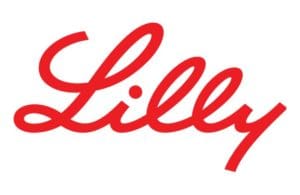 An arm of NIH has ended a clinical trial investigating the use of Eli Lilly’s (NYSE:LLY) monoclonal antibody LY-CoV555 (bamlanivimab) to treat hospitalized COVID-19 patients.
An arm of NIH has ended a clinical trial investigating the use of Eli Lilly’s (NYSE:LLY) monoclonal antibody LY-CoV555 (bamlanivimab) to treat hospitalized COVID-19 patients.
In separate news, HHS plans to allocate 300,000 doses of the monoclonal antibody immediately, according to an announcement.
While the drug shows promise in treating mild-to-moderate COVID-19 infections, the ACTIV-3 trial involving severe cases of the disease showed little benefit, according to the National Institute of Allergy and Infectious Diseases (NIAID).
The study, which involved 326 participants, involved hospitalized patients treated with 7000 mg of bamlanivimab. In a statement, Lilly acknowledged that “hospitalized patients may have less benefit from neutralizing antibodies” than those with less-severe COVID-19 infections.
Results from BLAZE-1, an ongoing Phase 2 trial for patients recently diagnosed with COVID-19 in an outpatient setting, have been more encouraging. Patients in that trial exhibited reduced viral load and symptoms, according to the company. In a statement, the company said it is “confident” based on preliminary data that bamlanivimab monotherapy “may prevent progression of disease for those earlier in the course of COVID-19.”
BLAZE-1 combined bamlanivimab with the antiviral remdesivir, which FDA recently approved as a COVID-19 treatment.
Lilly has filed for FDA emergency use authorization to use bamlanivimab and Olumiant, a rheumatoid arthritis therapy, to treat patients with SARS-CoV-2 infections.
This story was originally published on Oct. 27, and updated on Nov. 10.
Filed Under: clinical trials, Drug Discovery





Tell Us What You Think!
You must be logged in to post a comment.